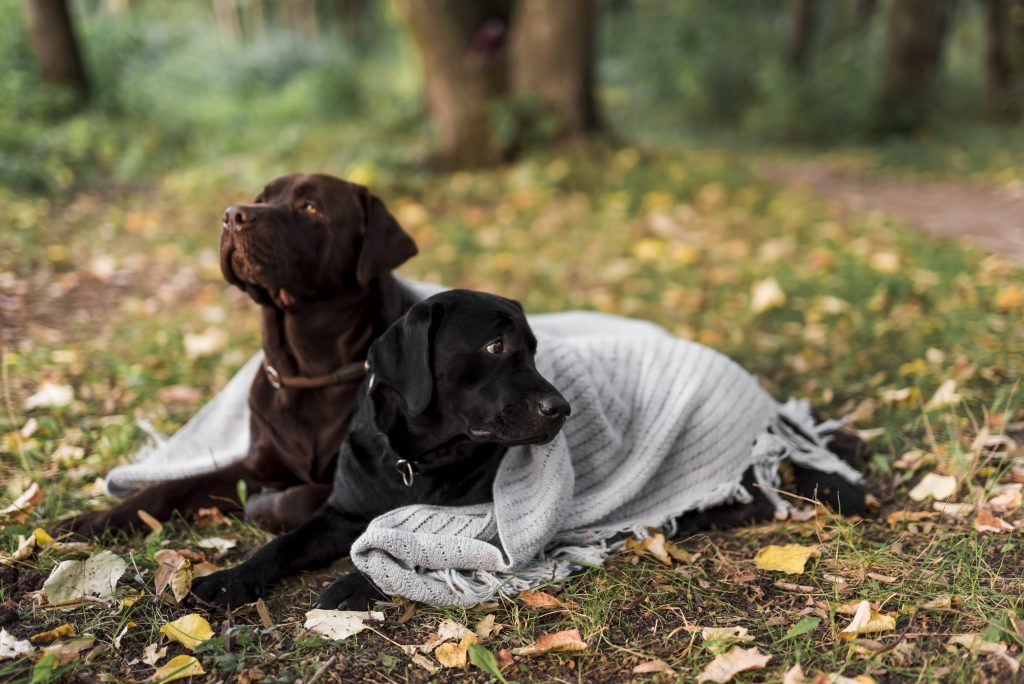Responsible dog breeding is a complex and nuanced process that requires careful consideration of the dogs’ health, temperament, and genetics. A critical aspect of this process is mating, which involves understanding and applying the best practices to ensure healthy and well-adjusted offspring. This article will explore five crucial ways to approach dog mating responsibly, outlining the critical elements for successful and ethical breeding.

The 5 Most Important Ways of Mating Dogs
Responsible dog breeding is about more than just creating a litter of puppies. It involves a deep understanding of dog health, temperament, and genetics to produce healthy, well-adjusted dogs. Understanding the best ways to mate dogs is critical to responsible breeding. This guide will illuminate five essential ways to approach this process.
1. Health First: Comprehensive Testing
Before considering mating, it’s crucial to ensure both the male and female dogs are healthy. This involves a comprehensive screening, including veterinary checkups, genetic testing, and thorough examinations for potential health concerns. Certain breeds are prone to specific health issues, so testing for these conditions is essential before making any breeding decisions.
- Veterinary Checkups: Regular vet checkups ensure both dogs are free from infectious diseases and parasites. A clean bill of health is essential for a safe and healthy breeding process.
- Genetic Testing: Many breeds are prone to inherited conditions. Genetic testing helps identify carriers or affected dogs, preventing the transmission of these health issues to future generations.
- Temperament Evaluation: Temperament is a crucial factor in responsible breeding, though it is not constantly tested. Both parents should exhibit stable and friendly temperaments to reduce the chances of producing aggressive or fearful offspring.
By prioritizing health assessments, breeders can mitigate the risk of passing on hereditary diseases and produce puppies with a higher chance of healthy and fulfilling lives.






